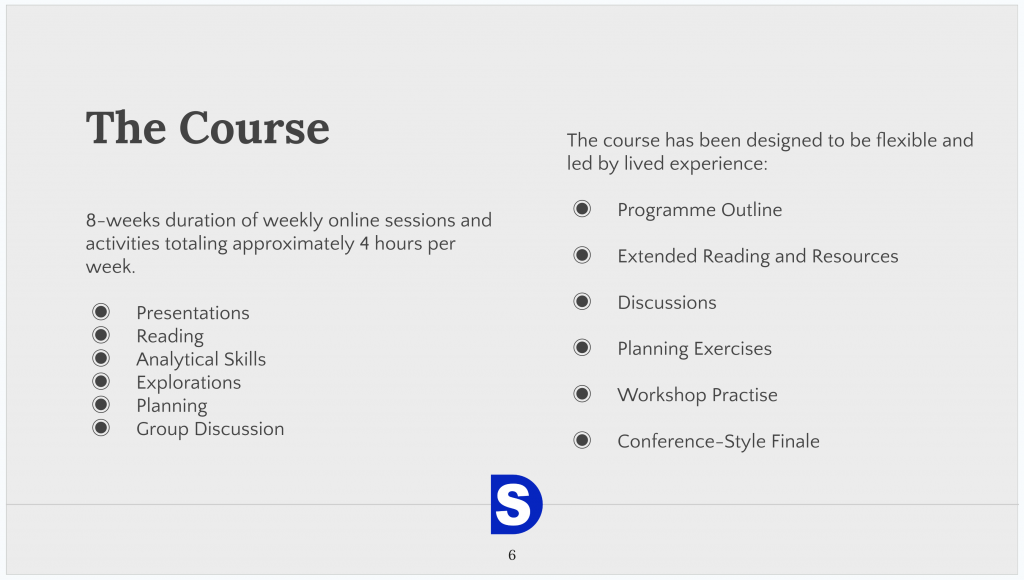
Disabled Students UK pilots novel accessibility evaluation
09/12/2022
Disabled Students UK Conducts Largest Survey on Accessibility in Higher Education
24/07/2023
My name is Anna and last month, I represented Disabled Students UK at the Universities UK Conference: Tackling Violence, Harassment and Hate Incidents where I gave a talk about disabled students and harassment. It was the first project I got to take on since starting on the DSUK consultant training programme in January.
I entered the programme not really knowing what disability consulting would look like, but quickly learnt it didn’t look too different from some of the things I’d been doing already as a disabled advocate during my degree. This project interested me as it wasn’t an subject area I’d really thought about before, and I’d come to find out through my prep that that’s a common disabled experience – we rarely consider harassment as a distinct part of our experiences, because low level harassment is the ‘backdrop’ of our lives, and it’s hard to disentangle from issues we face accessing reasonable adjustments.

Before this, I had only delivered a talk once, to a small Zoom audience, and I had never been given a platform to talk about disability at length like this. So, an in-person talk, speaking from a mixture of research and lived experience, was a bit nerve-wracking! It was also a milestone for me: at 17, I officially gave up on public speaking as a goal with my CAMHs therapist. That decision ended up giving me the freedom to do this at my own pace, in an unapologetically autistic, disabled way, something DSUK affirmed throughout our training.

Amelia and Mette at DSUK were amazingly supportive, and let me shape how we prepped for the talk – including answering my questions about the little things that are really helpful for autistic people to know, like how arriving at a conference even works! I started our chat feeling underqualified, and left feeling well prepared and having a bit more faith in myself. The audience of the conference was also lovely, though it was a bit surreal to have university staff asking for my opinion (a real contrast to inserting myself into accessibility conversations as a student!).
Another great thing about doing this with DSUK is that they have also encouraged me to take this research further in future projects – I would never have considered it myself, and their empowering of us to build upon our work has been a really valuable part of this experience.
Words by Anna Freed
Speaking of the success of the programme DSUK Network Director and programme facilitator Amelia McLoughlan said:
The consultancy training has been a first for DSUK, but has brought together incredibly talented disabled students from across the sector and at various stages of Higher Education. It has been a true privilege to see them learn and support each other as they build individual skills in sector research, public speaking, workshop design and transform their experience into effective stakeholder communication. DSUK has learnt so much about the importance of rolemodeling honest representations of disability, the challenges and the unique insight disabled people offer. It has been amazing to see our first cohort engage so fully, support each other at every stage and develop in their own confidence and skills. Already members of the cohort have undertaken commissions, gained paid employment and invested further in the representation of their local student communities. While this course is self-contained, we hope that it is just the start of a long and fruitful journey for each member of the cohort where they can use these tools to achieve their individual goals.
You can read more about DSUK’s Consultancy Programme here.

